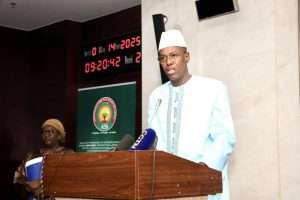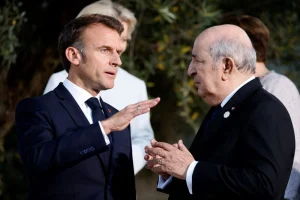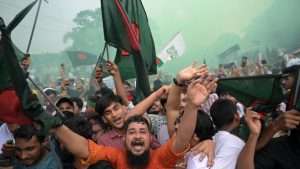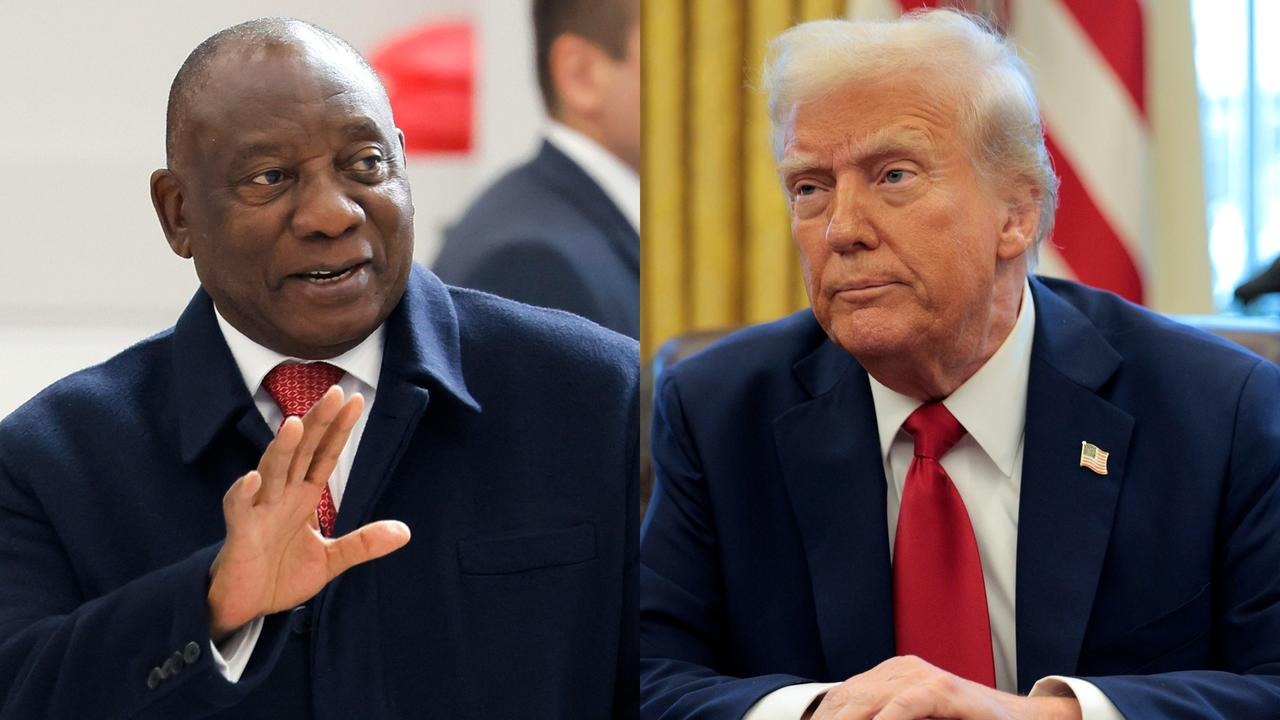Cameroon’s president vying to win an eighth term
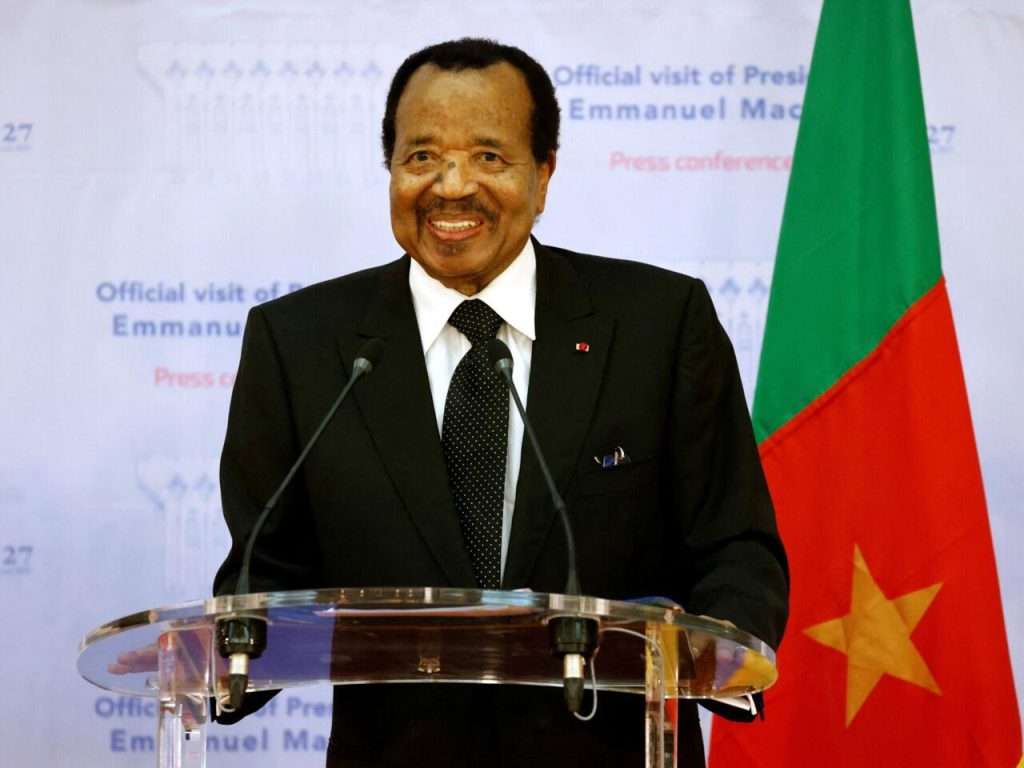
After Cameroon’s constitutional court upheld the decision to exclude opposition leader Maurice Kamto from the election, President Paul Biya looks set to win an eighth term according to BBC News on August 8th.
Kamto, Cameroon’s leading opposition figure, decried the decision as “arbitrary” and taken for political reasons in his public comments on August 7th.
The consistent critic of the incumbent president was ruled out because a rival faction of the Manidem party which endorsed him presented another individual as a candidate, highlighting an internal conflict.
For Paul Biya it is a further chance to extend his reign.
The 92-year-old is the world’s oldest serving head of state and has been in power for almost 43 years leading the ruling CPDM party, which dominates the political scene.
Despite concerns about his candidacy, he announced he will for run for another term in the upcoming elections in October, a term that if he fulfilled he would remain in power until he was almost 100.
Biya has claimed his eighth mandate would focus on the wellbeing of women and young people, with his administration facing criticism over corruption and bad governance.
These criticisms have enlarged tensions between Biya and Kamto specifically, with police in Cameroon holding a two-day stakeout at the home of Kamto, restricting access to his party building.
Despite the barring of Kamto, Biya faces competition in the October elections, including two previous allies of the incumbent that have divorced themselves from Biya’s administration.
Bello Bouba Maigari, Biya’s first Prime Minister, was pivotal for the CPDM party attracting significant votes from the north of the country and separated from Biya in June to run independently.
Issa Tchiroma Bakary, who separated from Biya’s government after a 20-year stint, has focused his presidential bid on promises to reform the “suffocating” political system that Biya has presided over.
The stature of these candidates as reputable political heavyweights may have appeared to challenge Biya, but some analysts believe they do not truly threaten Biya due to their own ties to the regime.
Dr Pippie Hugues, a policy analyst with Cameroonian think-tank Nkafu Policy Institute believes “Cameroonians need more than just a resignation to trust them”, suggesting that the two experienced candidates might be a part of a staged plot by the regime.
Another contender who may have more of an impact is the younger, more energetic Cabral Libii, president of the Cameroon Party for National Reconciliation, who came third in the 2018 elections.
Aged 38, he has progressed further since those elections, leading his party to win 5 parliament seats and seven local councils in the 2020 legislative and municipal elections, using this platform to challenge the government on key policy issues.
However, analysts argue that there is a need for this typically fragmented opposition to unite to take on Biya, a proposition that is considered extremely unlikely.
Dr Hugues argues that Kamto, now that he is out of the race, should use his influence to boost support for an opposition coalition, and if this does not happen, Biya might have another smooth path to the presidency.
BBC News, Maghrebi.org
Want to chase the pulse of North Africa?
Subscribe to receive our FREE weekly PDF magazine




